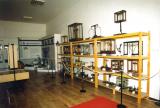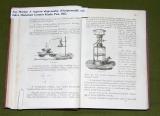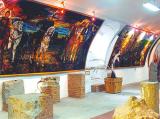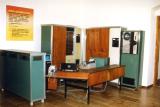2025. December 23. Tuesday
Hungarian Museum for Science, Technology and Transport - Chemistry Museum - Várpalota
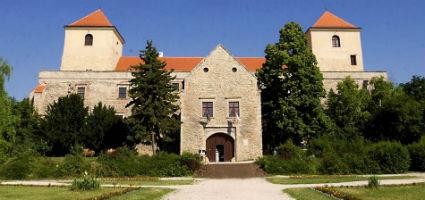 |
Address: 8100, Várpalota Thury-vár
Phone number: (88) 575-670
E-mail: vegymuz@vegyeszetimuzeum.hu
Opening hours: 01.01.2011-31.07.2011.: Closed
|
|
Programmes
|
|
